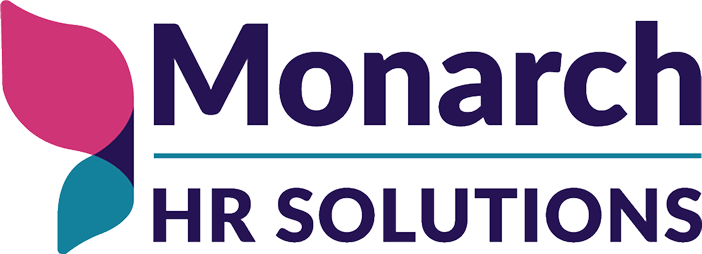By Kimberly Kafafian
Dear HR People: Let’s play out a real life scenario, hopefully one that’s happening in real time at your organization. Knowing that the benefits outweigh the challenges, you’ve finally convinced your leadership team to embrace neurodiversity. You’ve expanded your definition of DEIB to include the neurodivergent, and identified the best fitting roles for your neurodiverse candidates. Your marketing team has tweaked your brand story to let everyone know you welcome the neurodivergent. And your team has adapted your recruitment processes to attract neurodiverse talent and enable them to shine during your selection process. Congratulations, you’re halfway there! Yes, you read that right: I said halfway. If you want your neurodiversity initiatives to be successful, you need to also make changes that support neurodiversity in the workplace. Like what, you ask? Below are some tips we give our clients for creating a culture and environment where both neurodiverse and neurotypical talent can thrive.
Put Accommodations in Place that Respect Differences
Everyone works differently and that is especially true for the neurodivergent. Management needs to ascertain how each team member works best and then adjust the environment and established processes accordingly. Some examples of typical accommodations include:
- Clear, multi-step instructions
- Reiteration of instructions
- Communication using action words
- Follow up calls and emails to reinforce discussions or directions
- Work hours that focus on output rather than time
- Headphones for those who have issues with auditory stimulation
- Desks that convert from sitting to standing
- Offering sensory objects
- Dedicated quiet spaces
Provide a Mentor and/or Work Buddy
All workers can benefit from mentors and close work colleagues, but they are perhaps even more important for your neurodivergent talent. They can help provide career direction, bolster skill development, and be a supportive sounding board, as well as help create opportunities down the road. And together, they can share their strengths.
Encourage Flexibility and Inflexibility
Flexibility has definitely been a buzzword over the last two years. Leadership has realized that people can work from home and be productive. This workplace flexibility is great for those who may have social anxiety or difficulty engaging well with others. On the other hand, some neurodivergent workers are more successful when there are routines – such as going to an office space every day.
Supporting neurodiversity in the workplace requires effort, but the benefits – such as differing perspectives and skill sets – are worth it. It’s good for the company and its talent.

